Backed by the City of Orlando and their fervent fans, the Lions look to meet all the requirements to become the next professional team in Major League Soccer.
The Orlando City Soccer Club is only a few steps away from becoming the next professional sports team in Orlando. Since the club moved here from Austin, Texas in 2011, Orlando City has maintained success on and off the field. Playing in the third-division of U.S. soccer, the USL Pro, the Lions have captured the regular season and postseason championships twice. Their most recent win in early September saw Orlando win a bizarre game 7-4 over the Charlotte Eagles in front of an announced record crowd of 20,886.
The amount of support has steadily increased since the club’s inception, with the average attendance around 8,000 this past season. The following step for Orlando City is to become the next team to be accepted into Major League Soccer. In order for this to happen several stipulations must be met, the most important being that the club must have it’s own soccer-specific stadium.
Many fans have witnessed the overwhelming support that the team has received from the community. The atmosphere at the games and the passion the supporter sections display can be compared to any of the current MLS teams. Due to this support, the plan in place for the soccer stadium is causing a buzz around the area.
Currently, the vote to approve the stadium plan is circling around the local government, the final votes coming from Orange County commissioners. If approved, the building process can begin. The city of Orlando has already bought 21 parcels of land a block from the Amway Center for roughly $8.3 million, according to the Orlando Sentinel. There are three plots that have not been bought, due to the owners not agreeing to sell, but talks are ongoing with the owners to work something out.
This is a prime location in respect to the city. The land has close to roughly 16,000 parking spots and two different commuter rail stations, along with Orlando’s main bus station.
Once the land is purchased, the plans are to build the $85 million stadium. The rough plan is for the stadium to have 18,000 covered seats for fans, a grass field (per FIFA regulations), and a large video scoreboard above the supporter’s section.
Whether or not you are a fan of soccer, another professional sports team in Orlando can only benefit the community as a whole and will hopefully continue their success at the next level.

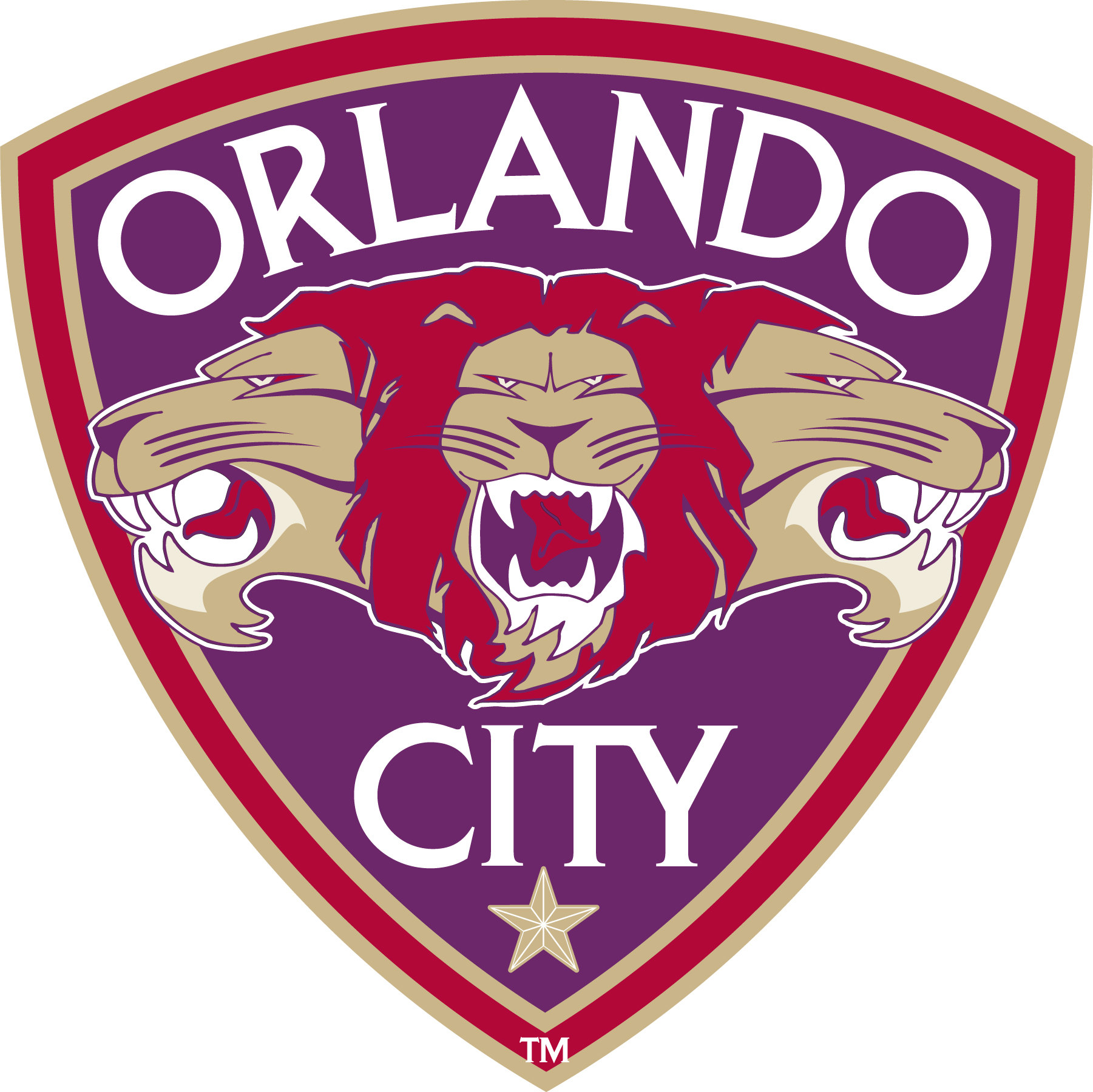


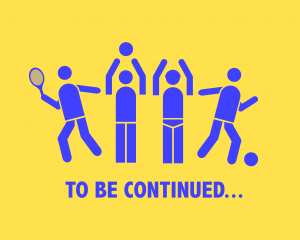

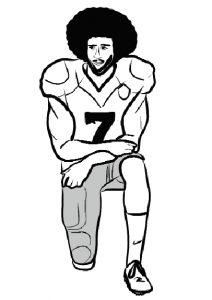
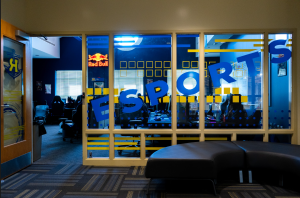
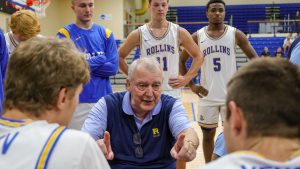

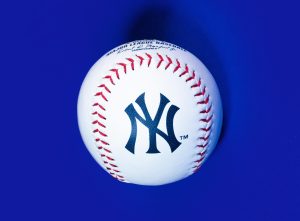
I love soccer and have attended matches in the US and many other foreign countries. I learned how to play it in Botswana, Africa a long time ago and have a foot injury that reminds me my playing days a long over. But I also want public resources to go to the most necessary things, and handouts to professional sports team is one of the worst misallocations of public finances in the USA. It is one of the very few things that economists on the left, right, and center of the ideological spectrum agree on. Over 10 years ago I did a literature survey on economic studies of public subsidies for professional teams stadiums and there seems to be no evidence at all that they are an effective use of public funds. Professional leagues are business cartels (legal monopolies) and take advantage of sports lovers to get these massive handouts for the past 50 years. Take a look here to see the review of this subject that argues for no public subsides for a single-sports dedicated stadium: http://www.jamesmadison.org/pdf/materials/36.pdf?PHPSESSID=68b8aec214481584008a0d419eab3889
Just to branch off on Prof. Rock’s point: the city of Orlando has apparently never seen a sports subsidy deal that it didn’t like. The old O-rena was built on the public dime, as was the Amway Center (how are those businesses on Church St doing, by the way?). The city has sunk millions of dollars into the Citrus Bowl, and is apparently committing up to $200 million more into its latest round of renovation.
I don’t think it’s totally cynical to assume that Phil Rawlins moved his team to Orlando in part because he saw a set of local “leaders” that he could manipulate, plus a local population that is completely oblivious to all the dealings at City Hall. There’s still an outside chance that Orlando could set a precedent for future stadium-financing deals (aka Pete Clarke’s idea about the city/county having a stake in the team itself), but I wouldn’t bet a penny on it actually happening.
As much as I love soccer, and think that an MLS team would lead a huge increase in the game here (heck, even I might go to a game or two), the Orlando City deal represents yet another triumph by the sports-industrial complex over the proverbial man on the streets.